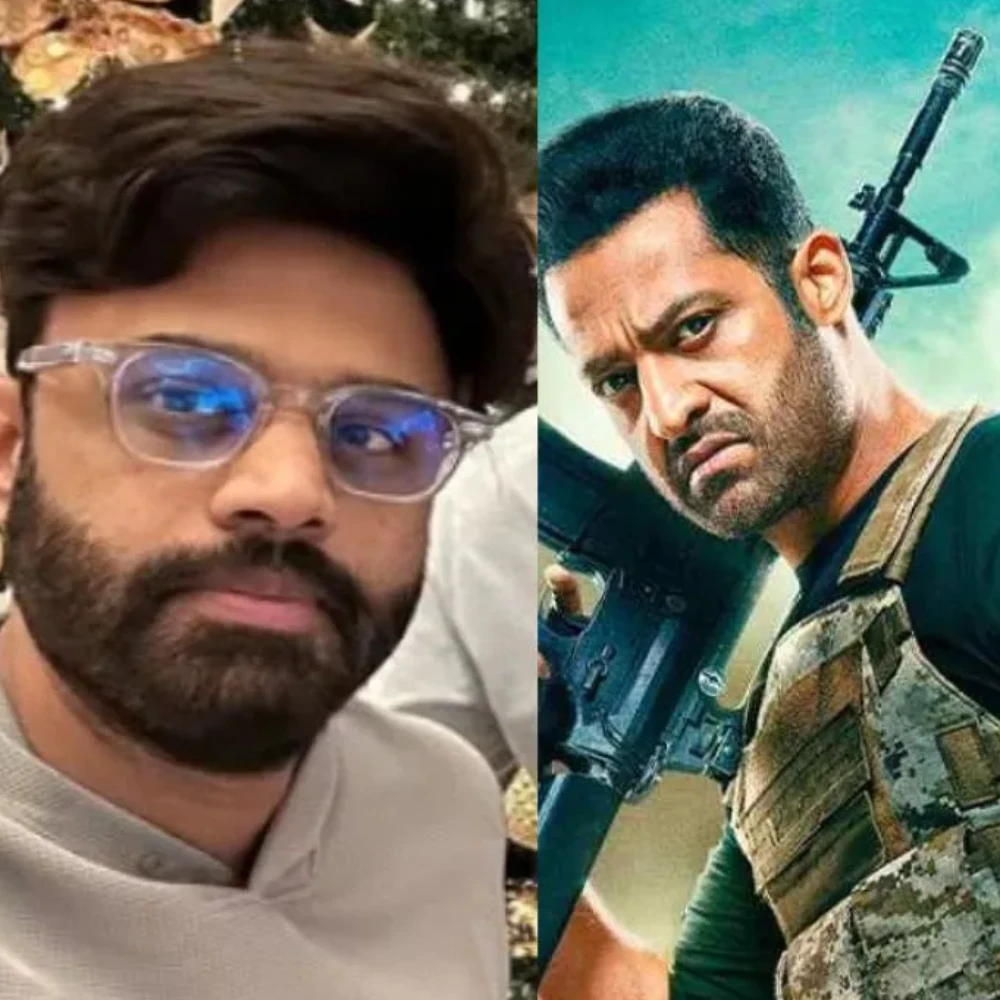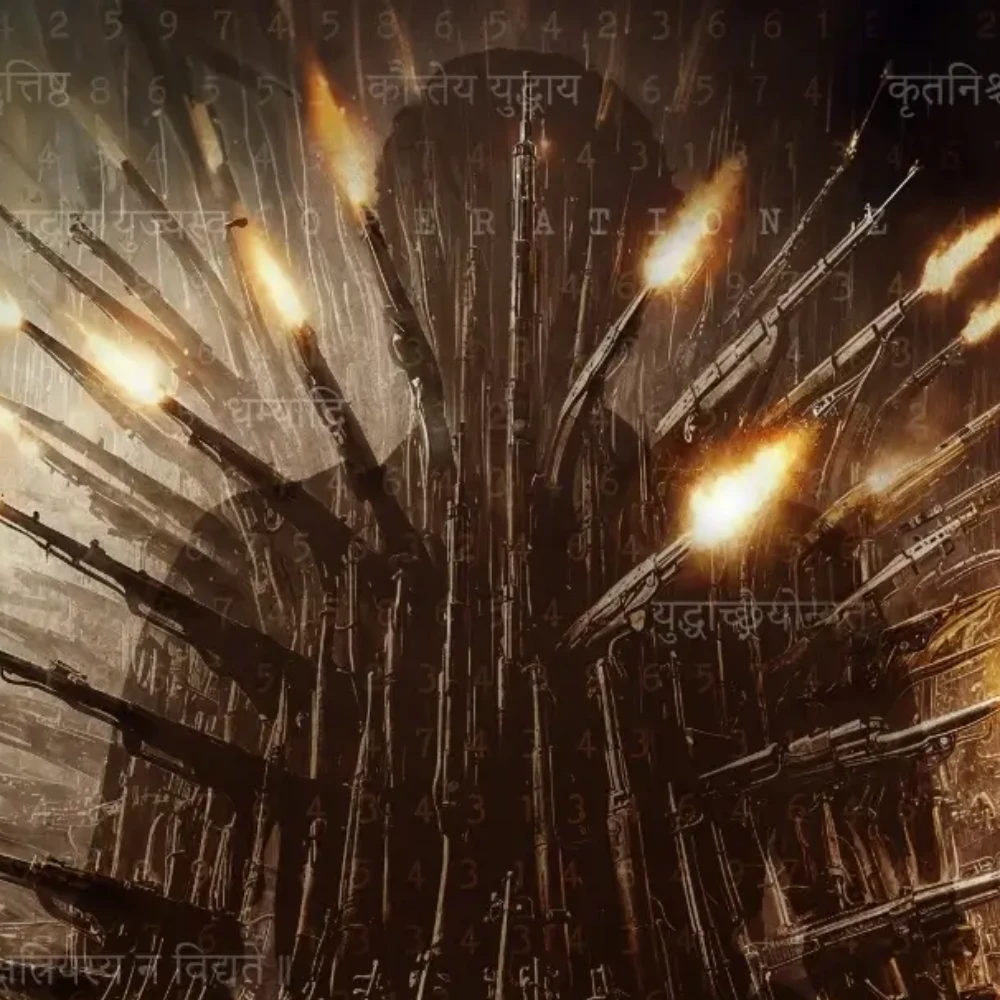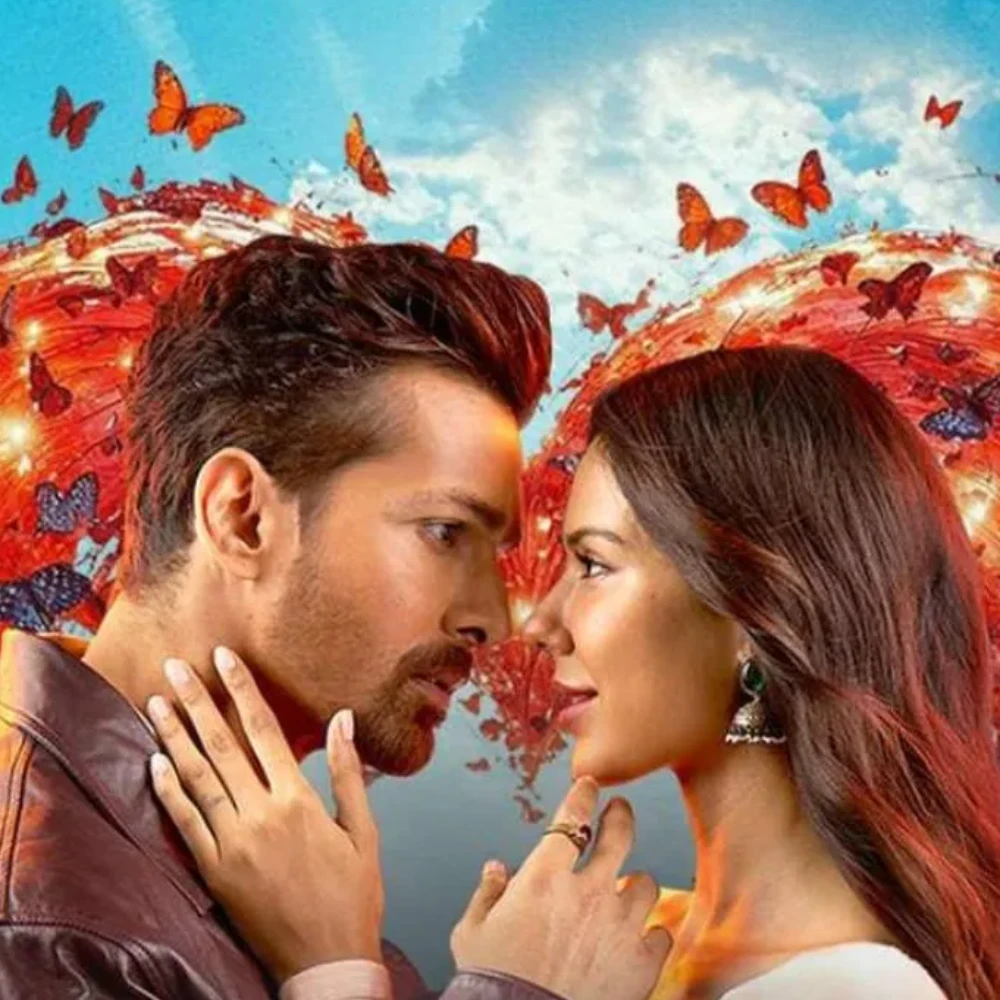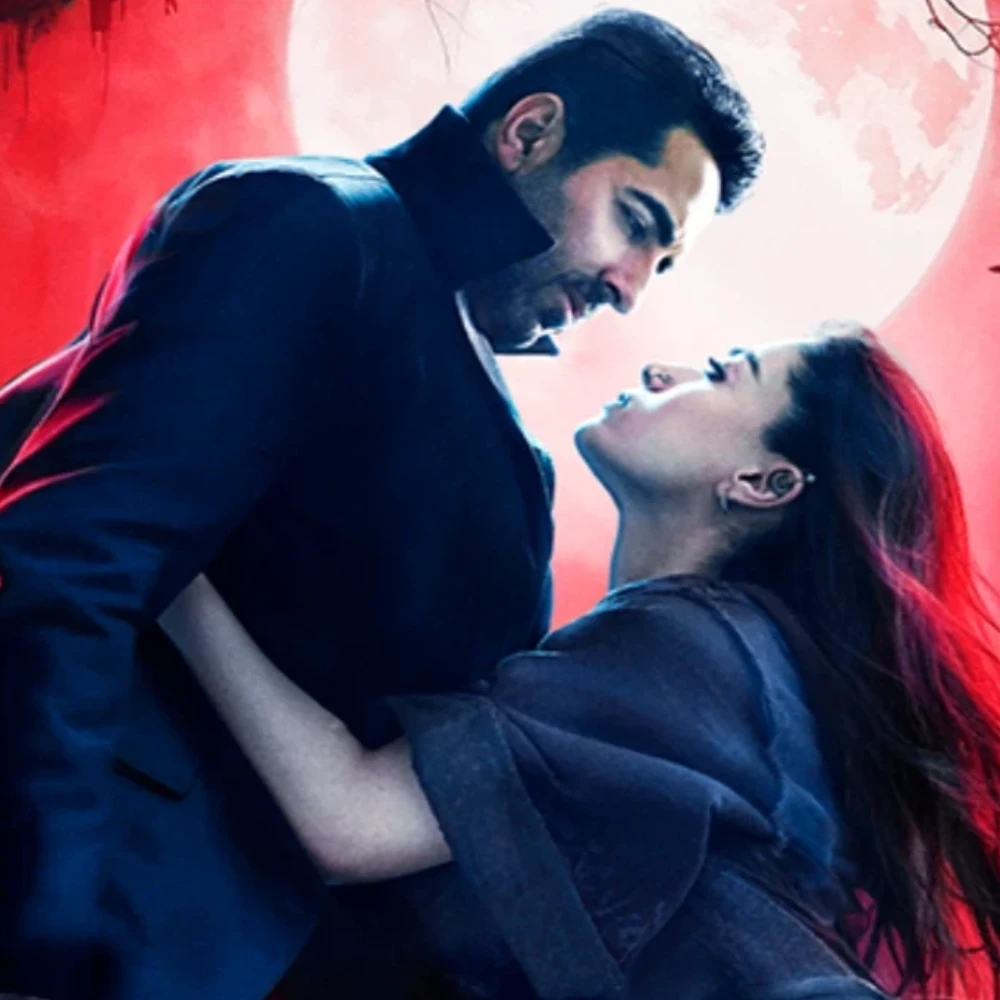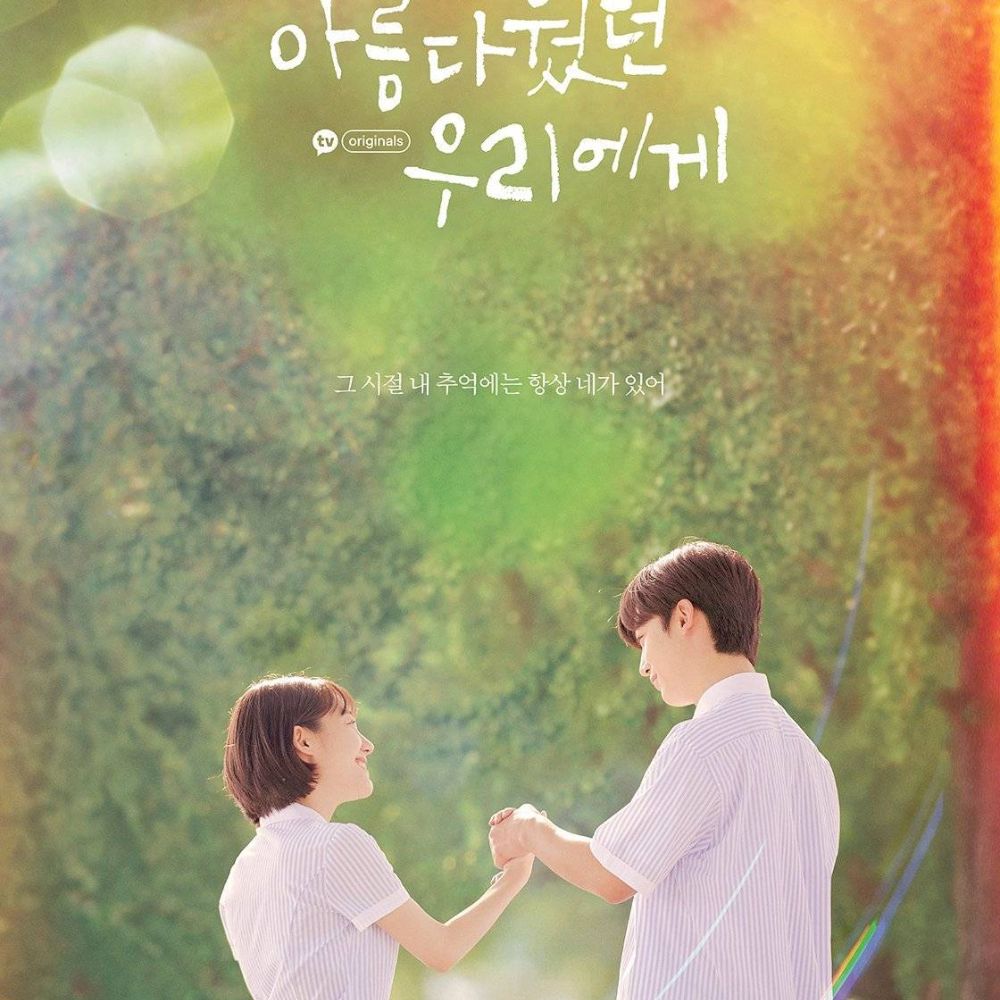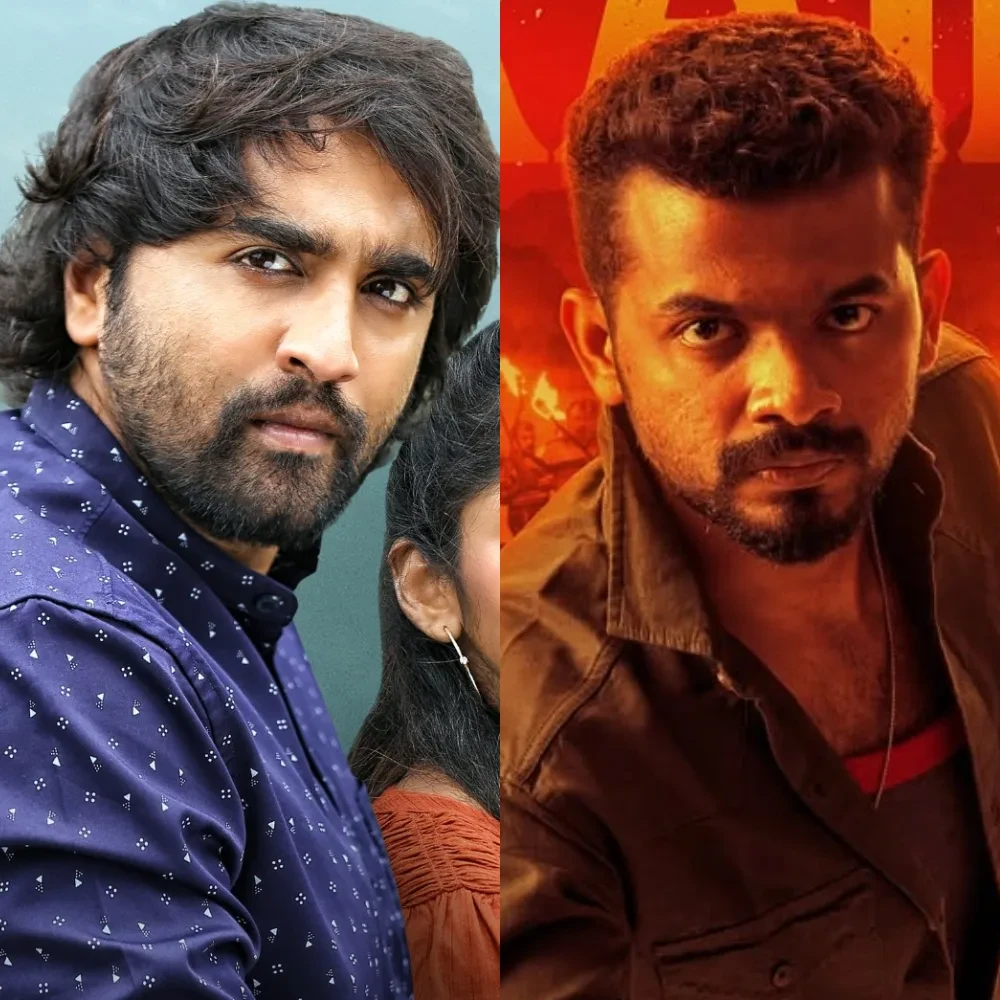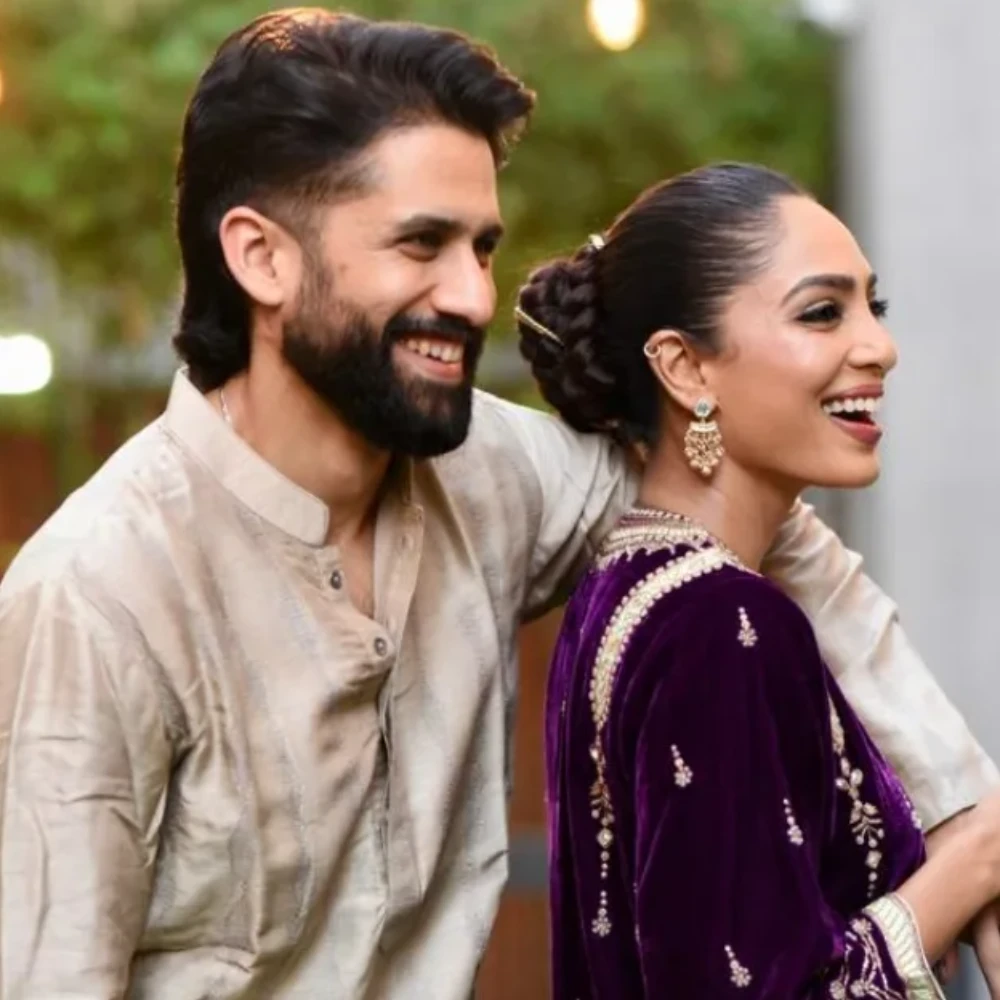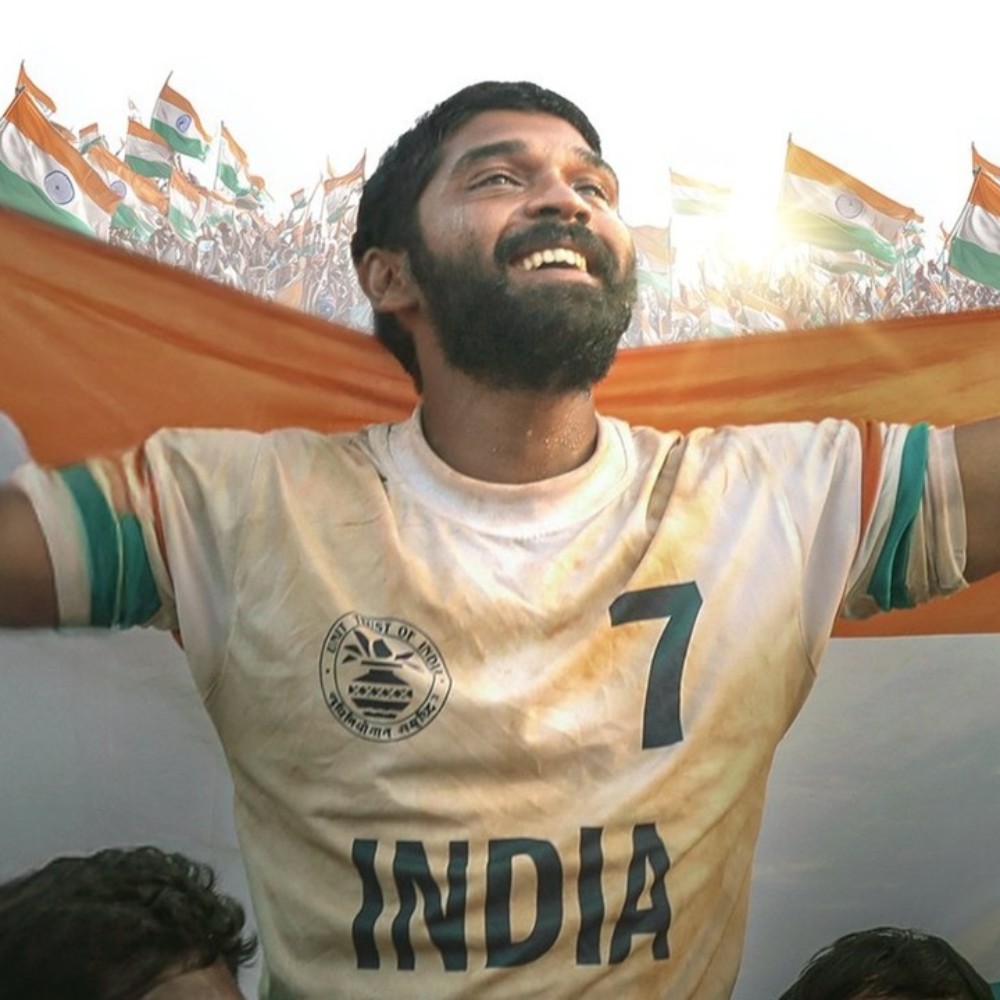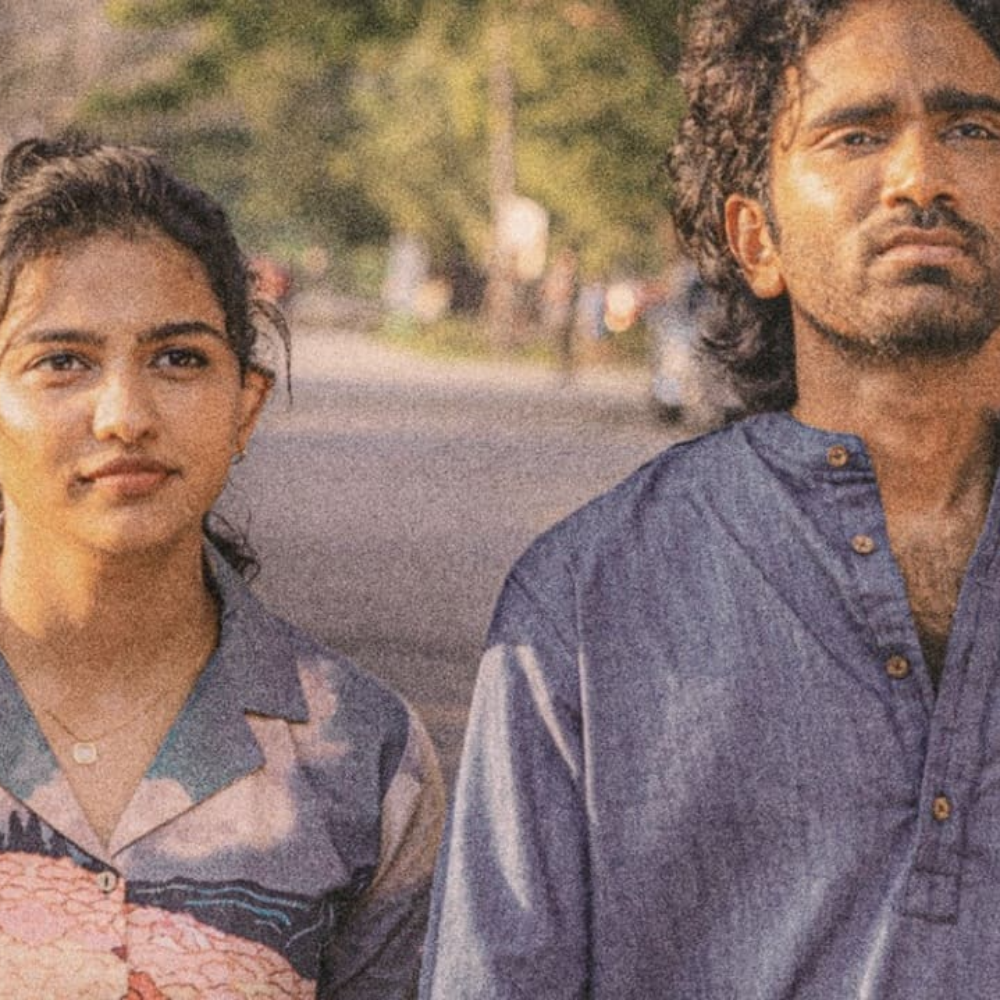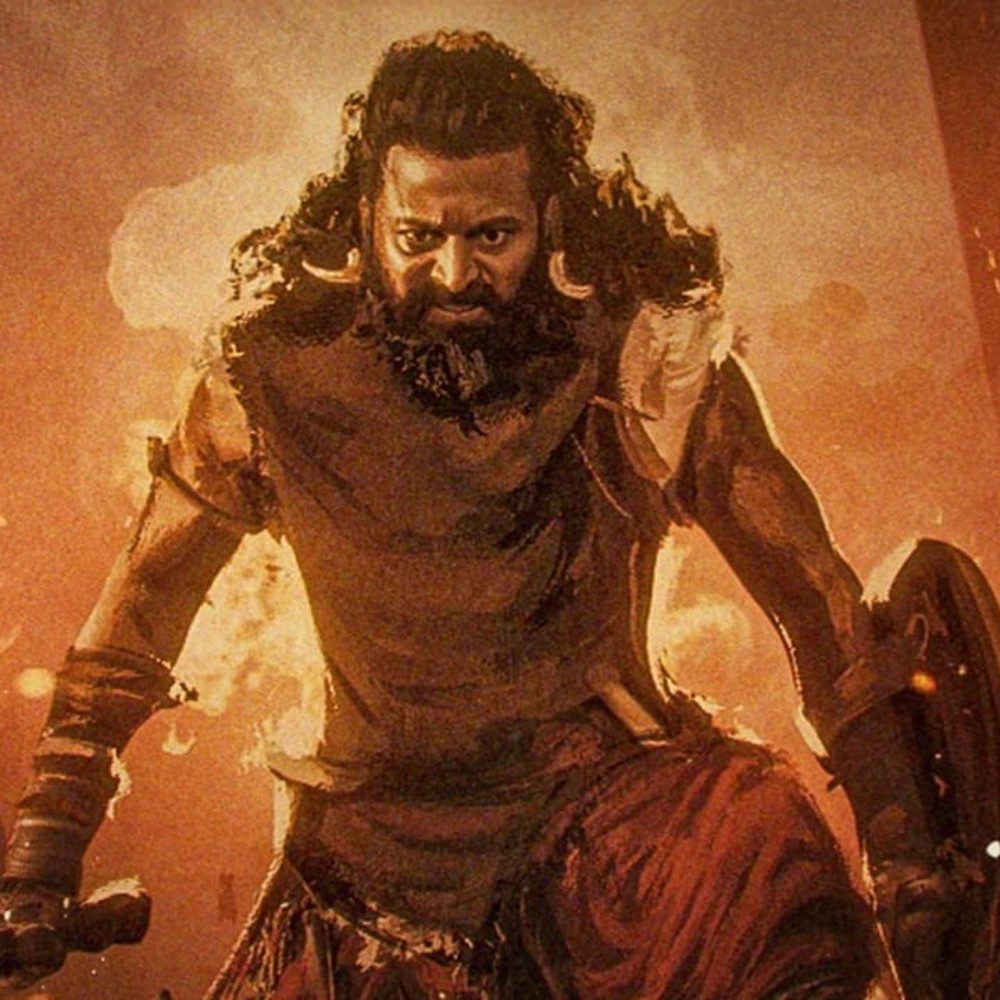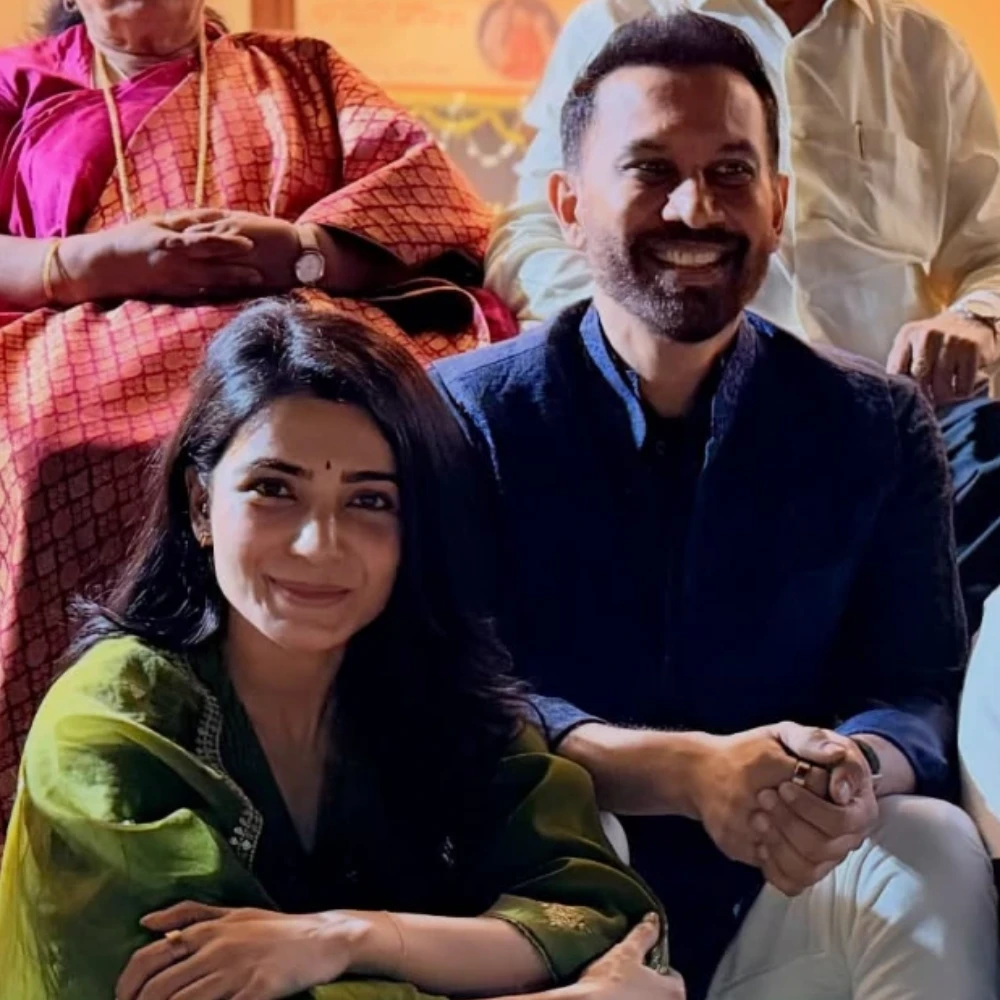7 best Arshad Warsi starrer Asur dialogues: 'Badalte rehna insaan ki fitrat hai' to 'Peeda se bada shikshak koi nahi hota'
Arshad Warsi and Barun Sobti starrer web series Asur has some really clap-worthy and memorable dialogues. Here is a curated and comprehensive list of seven of those dialogues.
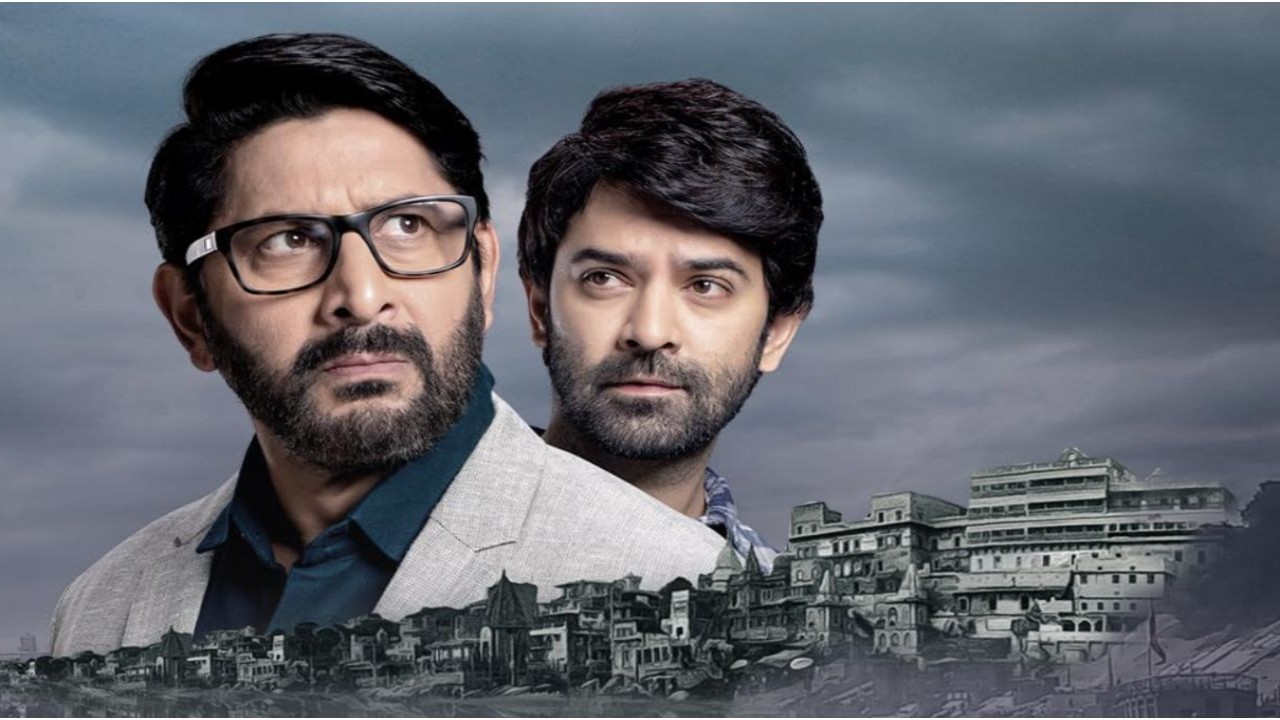
Asur stands out as one of India's most highly praised series. Led by Arshad Warsi and Barun Sobti, the show features an exceptional cast. Asur 2 is presently the top-rated series on Jio Cinema, receiving acclaim from both viewers and critics for its second season starring Arshad Warsi, Barun Sobti, and others.
Asur, available on Jio Cinema, skillfully combines elements of mythology, crime, and psychological thriller to craft a narrative filled with intriguing surprises. The series keeps viewers engaged as they can never anticipate what will happen next. Asur delivers a complete package, including the development of the character Asur, the storytelling, dialogues, editing, and camera work, all of which exceed expectations in terms of quality.
Additionally, the dialogues in Asur contributed to the allure of the series. Initially premiered in 2020, viewers had to wait three years before the next season was released on June 1, 2023. It is certainly among the top Indian web series ever made.
Here are some famous dialogues from Asur that you can never forget:
1. There are no good people or bad people… there are just good days and bad days
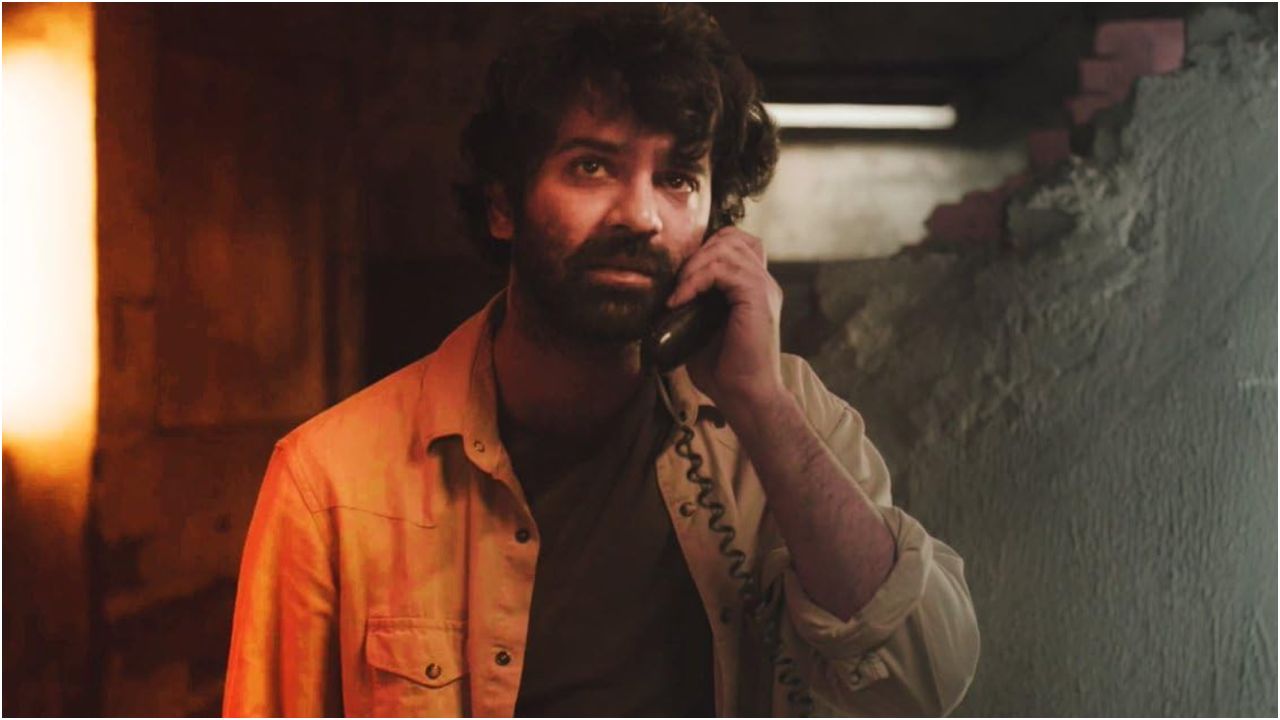
- Writer: Gaurav Shukla Niren Bhatt Abhijeet Khuman Chirag Salian Abhishek Garg
- Presented by: Barun Sobti
The dialogue "There are no good people or bad people... there are just good days and bad days" from the series Asur reflects the idea that human behavior and morality are not fixed or absolute. Instead, it suggests that people's actions and decisions can vary depending on the circumstances they face.
In essence, the dialogue implies that individuals are not inherently good or bad but rather influenced by the situations they encounter. It highlights the complexity of human nature and the notion that individuals can behave in both positive and negative ways depending on external factors, personal experiences, and the challenges they confront in their lives. The dialogue is spoken by the character Nikhil Nair, portrayed by actor Barun Sobti, in the Indian web series Asur.
2. Insaan ko kabhi puri tarah se samjha nahi jaa sakta kyunki badalte rehna insaan ki fitrat hai..aur badalte sab hai
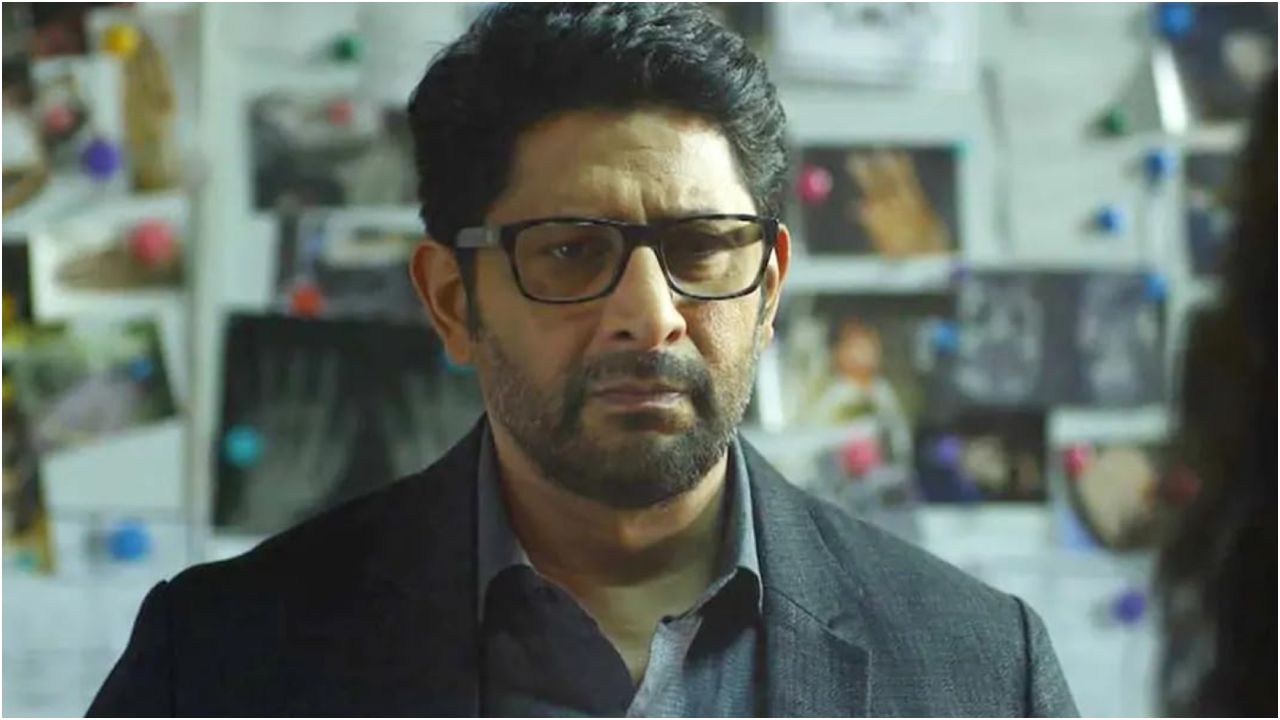
- Writer: Gaurav Shukla Niren Bhatt Abhijeet Khuman Chirag Salian Abhishek Garg
- Presented by: Arshad Warsi
This is one of the most loved dialogues from Asur spoken by Arshad Warsi’s character Dhananjay Rajput, which reflects the complexity of human nature. It suggests that humans are inherently unpredictable and constantly evolving beings. The phrase "badalte rehna insaan ki fitrat hai" emphasizes that change is a fundamental aspect of human nature. It implies that individuals are influenced by their experiences, beliefs, and surroundings, leading to shifts in their behavior and perspectives over time. Additionally, "aur badalte sab hai" suggests that everything around us is subject to change, including circumstances, relationships, and societal norms.
3. Anant andhkaar hi param satya hai, lagaav hi peeda hai, karuna hi krurta aur ant hi prarambh
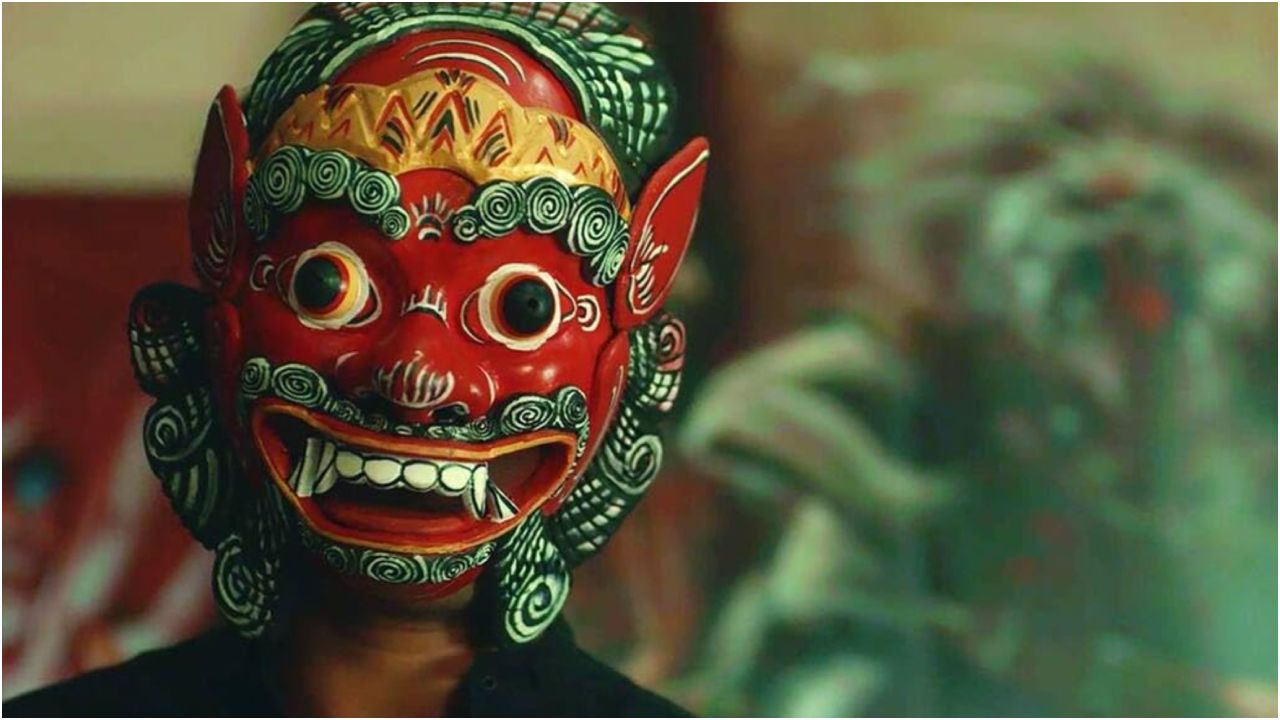
- Writer: Gaurav Shukla Niren Bhatt Abhijeet Khuman Chirag Salian Abhishek Garg
- Presented by: Arshad Warsi
This dialogue from the series encapsulates the idea that darkness represents the ultimate truth, attachment leads to suffering, compassion can be cruel, and endings signify new beginnings, reflecting the complex nature of existence and human experience. It suggests a profound understanding of life's paradoxes and the cyclical nature of change and renewal. This particular dialogue is spoken by the character Dhananjay Rajput, portrayed by actor Arshad Warsi.
4. Samanya manushya ka simit gyan, use apne se pare dekhne nahi deta
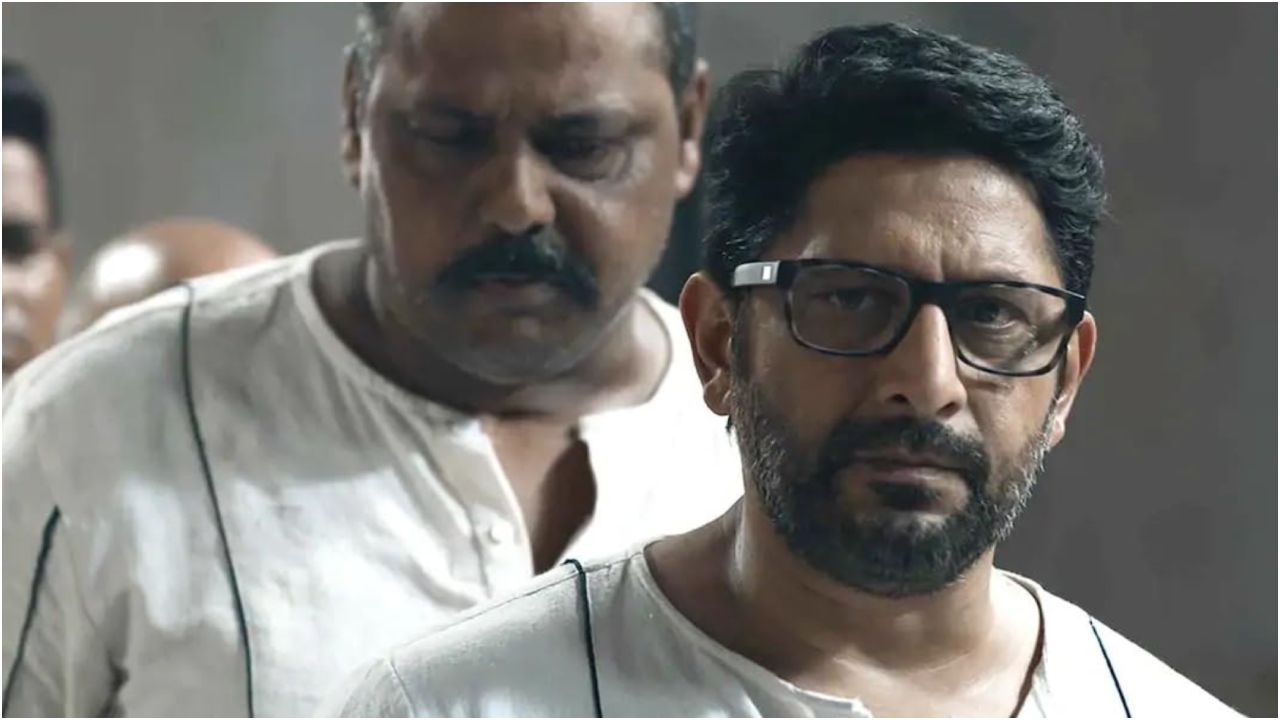
- Writer: Gaurav Shukla Niren Bhatt Abhijeet Khuman Chirag Salian Abhishek Garg
- Presented by: Arshad Warsi
This dialogue from Asur delivered by Arshad Warsi suggests that limited knowledge restricts an ordinary person from seeing beyond themselves, indicating that narrow perspectives hinder understanding of broader truths and realities. It reflects the theme of intellectual limitations and the importance of transcending personal biasness to perceive greater truths.
5. Kab tak logon se umeed lagaye baithoge? Umeed sirf intezaar karati hai, sachchai nahi badalti
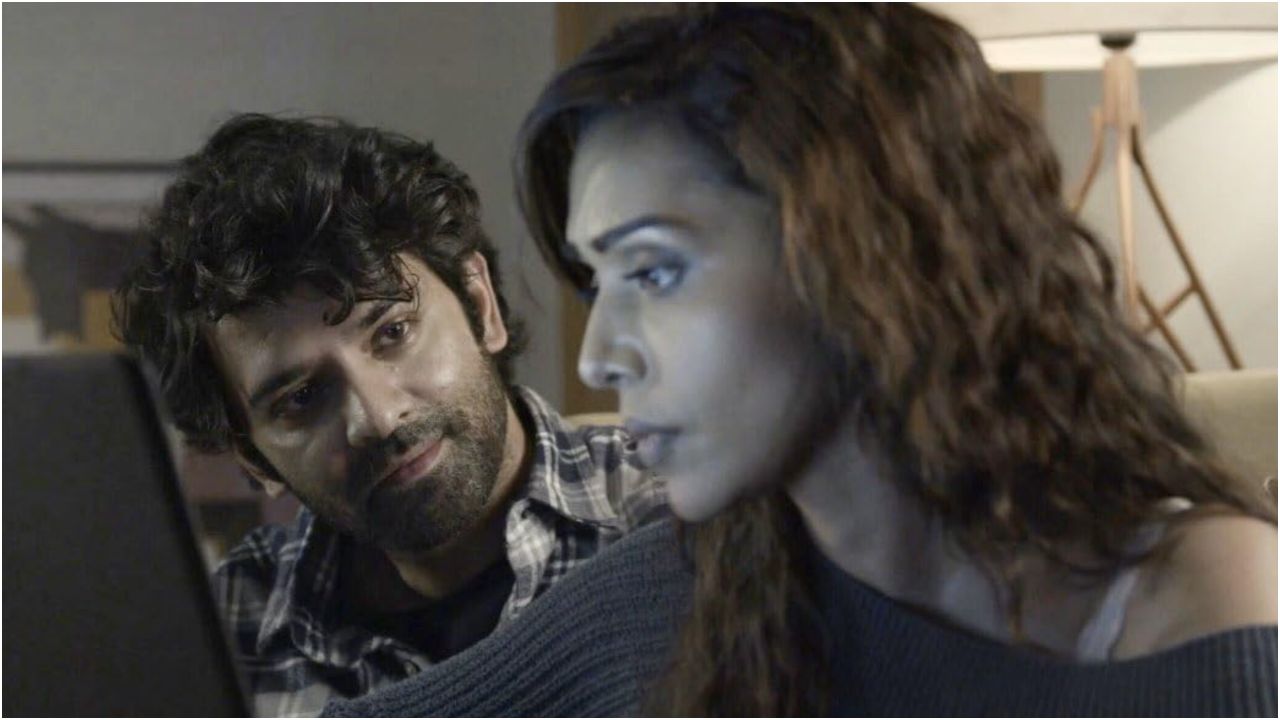
- Writer: Gaurav Shukla Niren Bhatt Abhijeet Khuman Chirag Salian Abhishek Garg
- Presented by: Barun Sobti
This dialogue conveys the idea that relying on people's expectations indefinitely is futile, as hope only waits while truth remains unchanged. It suggests a deeper reflection on the limitations of hope in driving meaningful change without active effort. This dialogue was spoken by the character Nikhil Nair, portrayed by actor Barun Sobti.
6. Bhavishya ka gyaan toh Shree Krishna ko bhi tha, par kya woh yudh ke vinash ko rok paaye the?
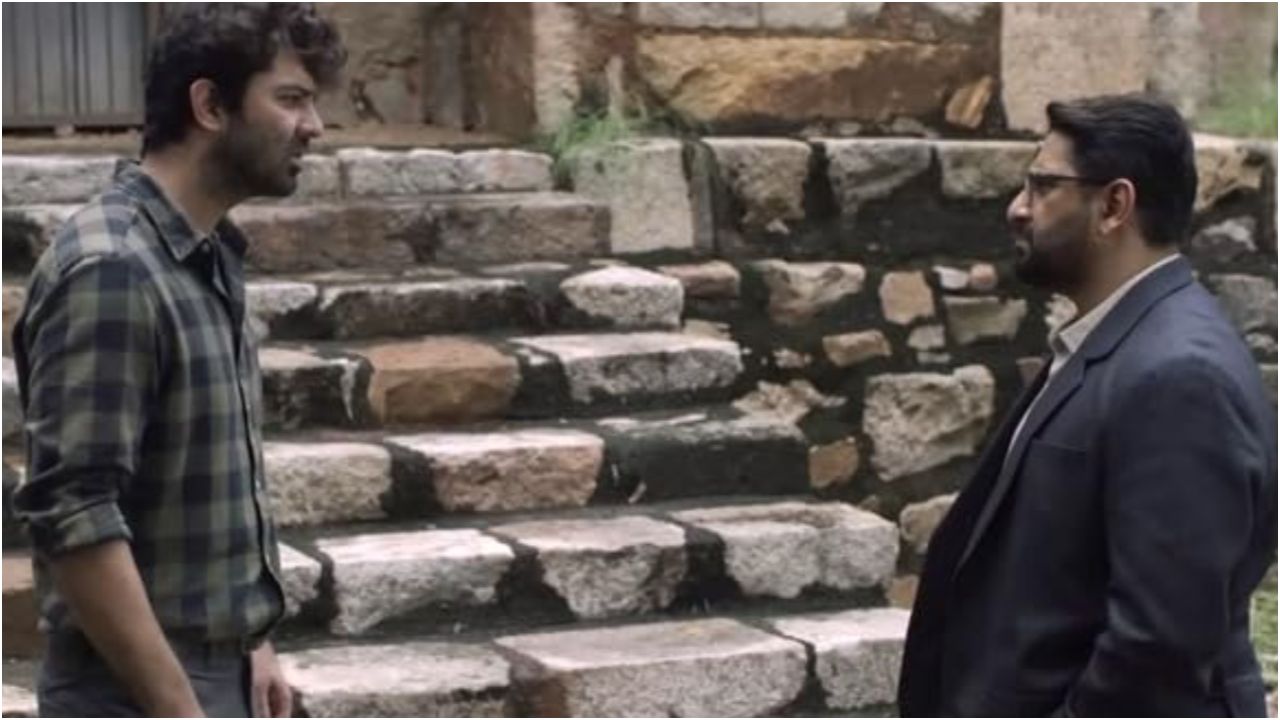
- Writer: Gaurav Shukla Niren Bhatt Abhijeet Khuman Chirag Salian Abhishek Garg
- Presented by: Arshad Warsi
This is one of the dialogues having a very deep meaning. It reflects on the limitations of foresight and knowledge, suggesting that even though Lord Krishna possessed knowledge of the future, he couldn't prevent the destruction of the war. It underscores the complexity of destiny and the inability to alter certain events, despite understanding their inevitability.
7. Peeda se bada shikshak koi nahi hota
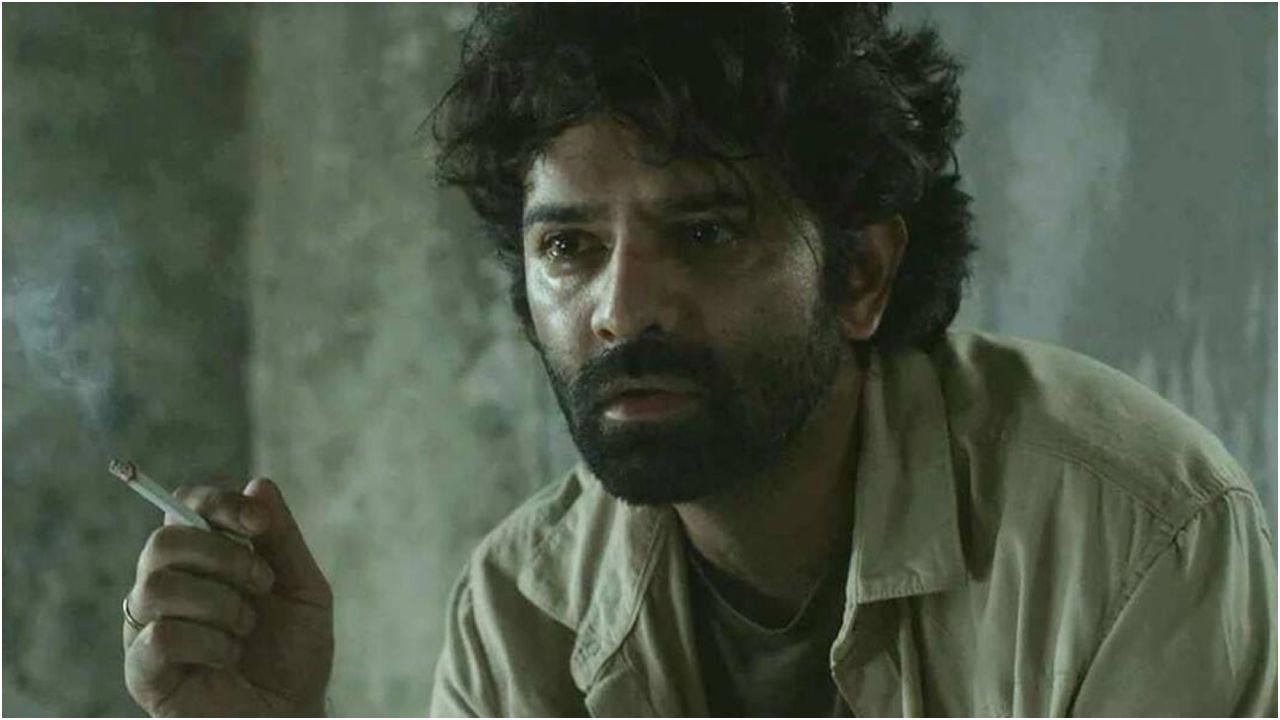
- Writer: Gaurav Shukla Niren Bhatt Abhijeet Khuman Chirag Salian Abhishek Garg
- Presented by: Barun Sobti
This dialogue suggests that pain serves as a profound teacher, imparting lessons that no other experience can offer. It underscores the transformative power of suffering in shaping one's understanding, resilience, and growth. This dialogue from Asur was delivered by the character Nikhil Nair, portrayed by Barun Sobti.





 JOIN OUR WHATSAPP CHANNEL
JOIN OUR WHATSAPP CHANNEL































































